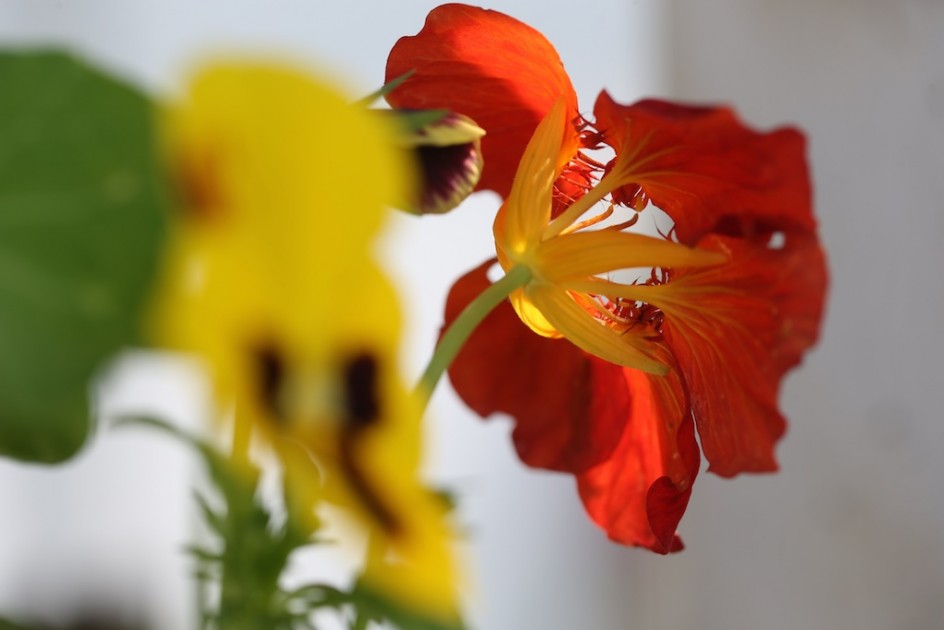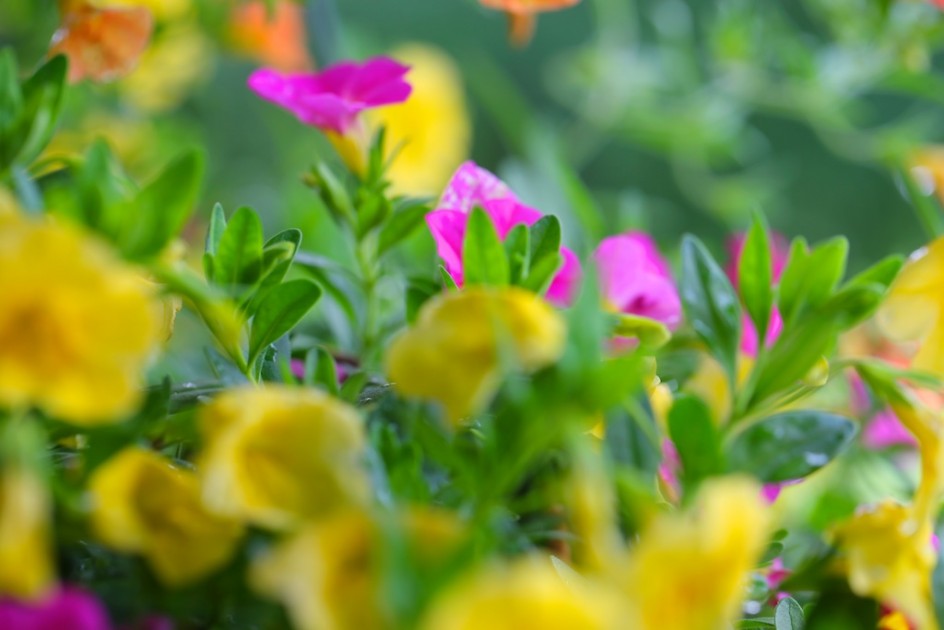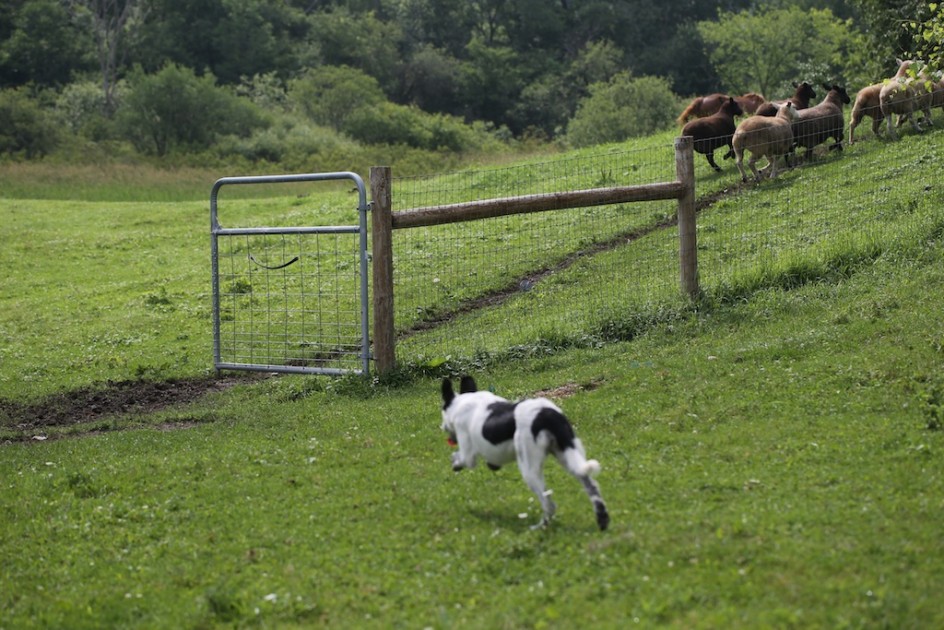
“I do believe in simplicity. It is astonishing as well as sad, how many trivial affairs even the wisest thinks he must attend to in a day; how singular an affair he thinks he must omit. When the mathematician would solve a difficult problem, he first frees the equation of all incumbrances, and reduces it to its simplest terms. So simplify the problem of life, distinguish the necessary and the real. Probe the earth to see where your main roots run.”
— Thoreau to H. G. O. Blake, 27 March 1848
—
I have no desire to live alone for a year or so on a pond and hunt squirrels and eat fish. I like living with a soul-mate and partner. I like loving her and being loved. Yet Henry David Thoreau has always been a powerful influence on me, he has always haunted me, challenged me to live a simpler life. Thomas Merton was a different kind of influence on me, he inspired me to leave behind my urban and suburban life and take a great leap of faith, to come to the country to live in nature and seek out a life that was contemplative and spiritual.
Armed with a carload of his books and journals, I came up to my cabin and spent a year mostly by myself, and I was forever changed. That was the first step on my hero journey, into light and darkness and confusion and glory.
I have been more successful following Merton’s guide than Thoreau’s sometimes. Spirituality is ephemeral, I think you never get there, the point is to stay on the path. My life is more spiritual. I meditate, live in nature, learn from the animals. In our culture, and in our time, our lives are frantic and cluttered. Thoreau’s message rings much more true today that it even did in his time, especially around Independence Day, where we sometimes are asked to think about where are country is headed.
We seem headed for stress, complexity and waste. It is no longer possible to even consider the simple life that Thoreau lived for a year and that he urged others to live. Could any of us live for a year without our Iphones?
Lenin said the point of a capitalist culture was to create a continuing supply of things we are told we must have and that we need, he estimated that we don’t need 90 per cent of the things we think we need to buy, or that capitalism creatures to feed the corporate beast. Pope Francis had added a new sense of urgency about waste: “We know that it is impossible to sustain the current level of consumption in the more developed countries and the wealthiest parts of society, where the habit of waste and of throwing things away is reaching unprecedented levels. Already we have exceeded certain limits of exploiting the planet, without solving the problem of poverty.”
Or the limits of simplicity and peace of mind. Heal our lives, says the Pope, heal our planet.
I have a lot of challenges to face still in my life, it’s shadows of time shortening every day. I have to heal my financial struggles and wounds, I wish to live a simpler life. Simplicity, simplicity, simplicity, said Thoreau. What do we really need? And what is a simpler life anyway?
Is it a poorer life? A life without so many pills and prescriptions and tests? A life with fewer devices and less time spent on them? A life in nature? With more animals around, and fewer things?
I see my own life getting forever more complicated as well as wasteful. I am wired into a number of devices that help me share my creativity, do my work, and earn a living. I am bombarded with things I do not really need – special offerings, subscriptions, technological updates.
I went to the pet store last week to buy chew toys and bones for Fate, who is teething with border collie intensity. I found myself at the cashier with $67 worth of things for her to chew.
For most of my life, I would simply swiped the credit card, but I stopped and asked myself what I really needed to get for her, and I put $40 or so back. She is chewing happily. The move to simplicity is stirring. I saw three new books in the bookstore, and bought one of them. I buy clothes once a year, two pairs of jeans, five shirts, two sets of suspenders. I am learning to manage the new world of technology and social media. I never argue my writings online, I check my messages two or three times a day, not 20 or 30, I do not exchange personal messages with people I do not know, I do not seek or accept advice from strangers. I am cooking vegetables and healthy and simple things for me to eat, and in smaller portions, good for my body, good for my soul.
I am increasingly fond of my Kindle, not only can I read it at night and in bed, but I can store my books there. Thoreau, says the New York Times, was the country’s first “De-Clutterer,” but I suspect de-cluttering, like rationality and concern for the poor and tolerance for other humans, is catching on.I like Thoreau’s term better: simplify. But it is hard in our kind of culture to simplify. Our world depends on greed, fear and need. Lenin was right, capitalism depends on manipulating people into buying things they don’t need, corporations that don’t squeeze every drop of blood from a stone are considered failures, their leaders and workers gutted.
We need this plan or that, expensive health care plans, soul-sucking jobs we hate in places we don’t wish to live so we can get more insurance and put more money into our IRA’s and live empty lives in the forgotten warehouses of the aged.
I am serious about simplfying my life. It is easier when you have done most of your big buying in life. Older people tend to be forgotten in a corporate world, they don’t have too many years of buying power left, it is the young who are brutally ensnared in debt, obligation, and fear about the future. They have many years ahead of them where they are told they will need to buy things – houses, cars, computers, watches, plans and investments. Our lives get more complicated every single day and I am learning to say no more and more. I want a simpler life, with fewer things to manage, fewer phone trees to call, fewer bills to manage, fewer passwords to try and store.
I was frightened when I lost all of my money a few years ago, it was swept away by the recession, my divorce and the end of publishing as I knew it. A friend on Wall Street told me I was one of the lucky ones, I could live a simpler life, he said, I had nothing to lose. I was now in the driver’s seat. I don’t know if he was right, but the idea stuck in my consciousness. I realized that Thoreau said the same thing many times.
Simplicity is good for the soul. Our culture is addicted to sometimes mindless connection, we are drowning in more information than we can handle, learning to make friends that we will never know or see, struggling to manage more devices than we can understand or figure out how to plug in, angered by the endless for profit rain of violent and disturbing news and imagery. We are stressed and angry and frightened and overwhelmed, the very antithesis of Thoreau’s idea. Even the weather has become a source of alarm for the greed corporations who need us to be frightened so we will pay attention to them.
We need to think, but we have no time and space to think, only to react to what other people are telling us to think. The New York Times called Thoreau a “domestic minimalist,” but I think he was a psychic and a seer. He saw the trap succeeding generations were setting for themselves, he urged us not to fall into it. But we have. And so now, a great movement to simply our lives begin, fueled by our own wishes for meaning and peace, and a powerful new motive: the fate of the earth. The Pope is right, we have no right to use up the resources of the earth at the expense of the poor.
The challenge for me is to live more simply, and more authentically. To simplify the problem of life, distinguish the necessary and the real. To acquire fewer things that need to be thrown away. This is seminal part of the hero journey, I will share the trip.




